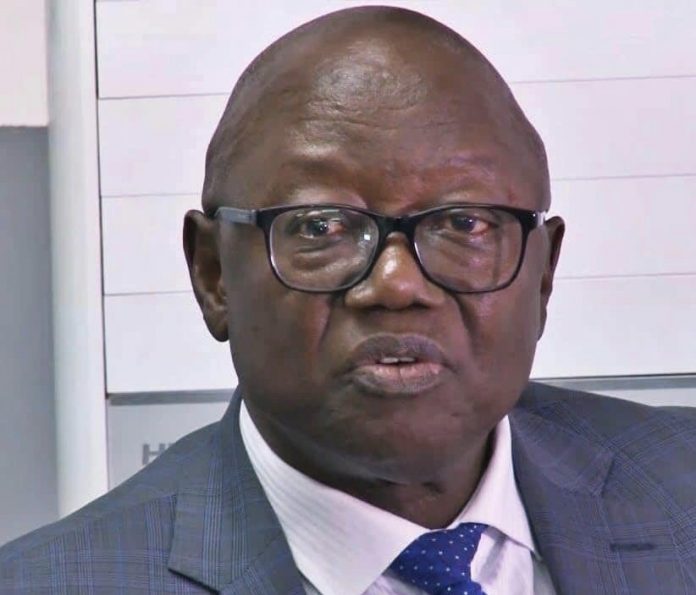By Amin Kef Sesay
Access to energy is at the heart of modern day socio-economic development. Kudos should go to the much too appreciated Minister of Energy ,memers of Staff and Management of EGTC and EDSA as they put up with a barrage of public crioticism in the Western area, Bo, Kenema and other places for failing to provide them with cheap, constant, reliable and accessible electricity supply.
More than 80% of the population in this modern age still lives without electricity and those that have access in the capital city and other places live with unreliable or expensive power, which poses a key barrier to economic development.
The Ministry of Energy has developed a plan for both grid and off-grid solutions as vital for achieving universal access. This, however, needs the support of an enabling environment with the right policies, institutions, strategic planning, regulations and incentives.
The World Bank has for decades been committed to helping Sierra Leone work towards universal access to affordable, reliable and sustainable energy as a key part of delivering on its twin goals of eradicating extreme poverty and promoting shared prosperity. The result has not been too successful.
In a modern age of gadgets that help make work and living easier, the majority of the people live their daily lives without electricity. This represents a fundamental barrier to progress for a sizeable proportion of the population and has impacts on a wide range of development indicators, including health, education, food security, gender equality, livelihoods and poverty reduction.
To be fair to the Ministry of Energy, every effort is being made to increase every day the number of people gaining access to electricity. However, these efforts will need to accelerate if the country is going to meet Sustainable Development Goal 7 – ensuring access to affordable, reliable, sustainable and modern energy for all by 2030.
Why is reaching universal access still a challenge? The World Bank observes that those remaining without service are either remote or poor or both.
In urban areas, poor communities remain unserved. These should be easy to reach, although the informal settlements where many of these poor reside can be difficult to serve with permanent infrastructure.
For remote households, extending the main grid can be prohibitively expensive. Even using off-grid systems to serve these populations can be financially challenging.
Lack of sufficient power generation capacity, poor transmission and distribution infrastructure, high costs of supply to remote areas, or simply a lack of affordability for electricity, are among the biggest hurdles for extending grid-based electricity.
For off-grid electrification, including mini grids, the biggest challenges are poor policies, inadequate regulations, lack of planning and institutional support, lack of financing for off-grid entrepreneurs, and affordability for poorer households.
A number of countries have made clear progress on expanding electricity access in recent years.
Bangladesh, for example, has used both privately delivered off-grid solar home systems and publicly supported extension of the main grid through its rural cooperative program to increase the proportion of the population with electricity from 32% to 62% between 2000 and 2014.
Vietnam and Ghana, among other countries, have focused much more heavily on grid extension. China and India have also made excellent progress using a mix of technologies and business models, both on and off-grid.
In Kenya, 700,000 home solar systems were installed on the pay-as-you go purchase model, which is a flexible payment plan that makes electricity accessible to more people. Pay-as-you-go models have become increasingly attractive in many markets, expanding rapidly across Africa. One of the biggest advantages of this system is that people can pay in installments.




